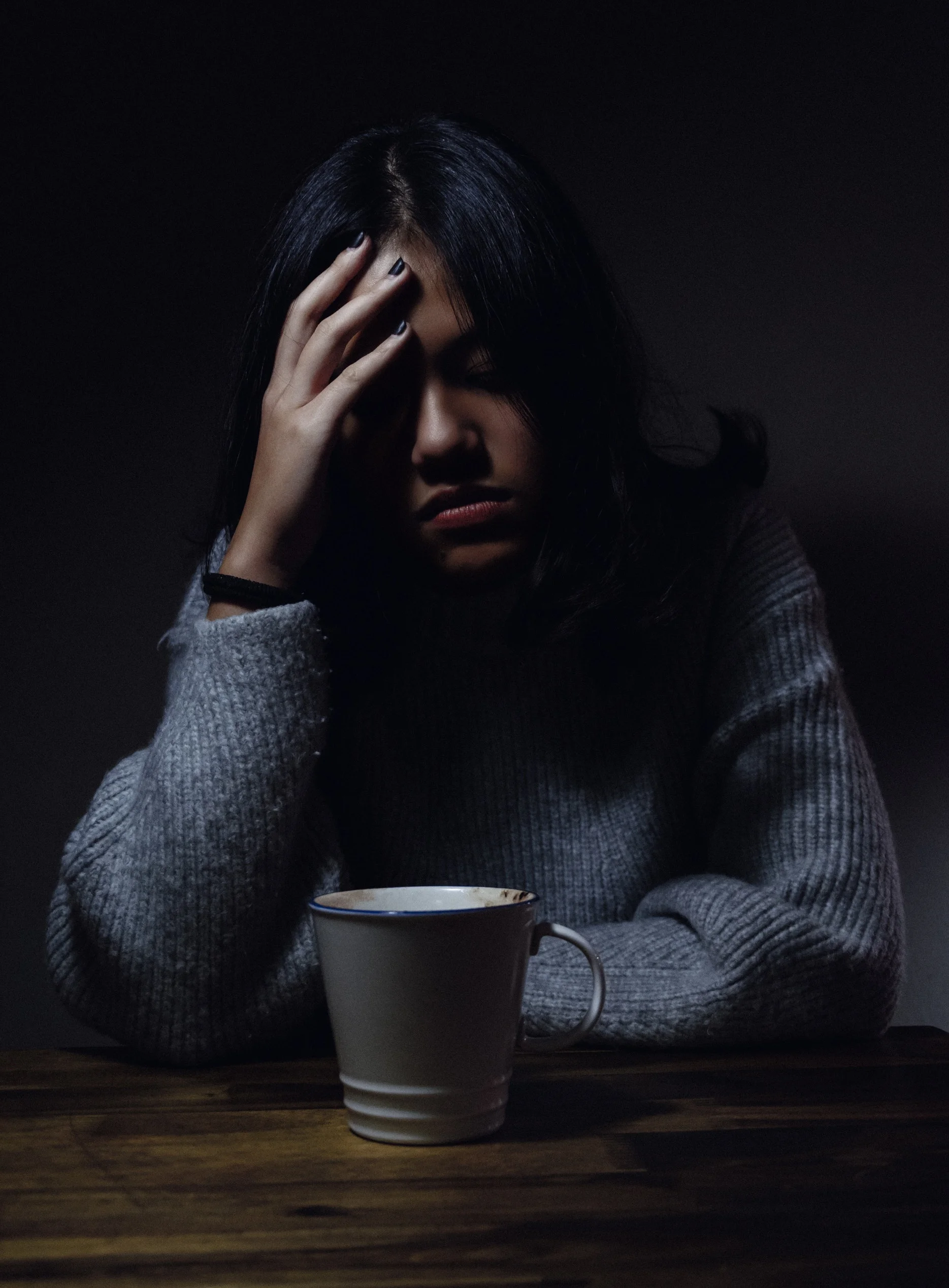I Didn't Realise That The Pill Was Causing My Depression Until It Was Too Late
In recent years there have been numerous studies carried out studying the effects of hormonal contraceptives on mental health, nearly all of which highlight the increase in the likelihood of users being prescribed anti-depressants, experiencing symptoms of depression and facing suicidal tendencies. Yet, despite a wealth of quality research performed and published by highly regarded institutions, the effects of hormonal birth control on mental health is still not common knowledge. This lack of awareness and education about the side effects of hormonal contraceptives could be more dangerous than we think, as more and more women experience compromised mental health as a result of their birth control prescription.
I have experienced the true dangers of hormonal contraceptives first hand. When I was first prescribed the hormonal contraceptive implant by my doctor, she had on the computer screen in front of her, a long and detailed list of my medical history, including my history of mental illness. But despite reading my history of mental illness, my doctor still did not utter a word about any side effects of hormonal contraceptives, let alone the mental health side effects, so when the depression hit, it was not only a shock, but an avoidable one.
I kept the Progesterone contraceptive implant for nearly nine months, during which time I experienced one major depressive episode and almost constant symptoms of depression from the week I had the implant inserted. I’ve always been a very anxious person and had a history of Anxiety Disorder, but depression was a completely alien illness to me.
But not once did I make the connection between the contraception I was using, and this developing mental health condition, but why would I? ‘Low mood’ was a side effect listed in tiny writing in the receipt sized information sheet I was given when I had the implant inserted, but it was a side effect among hundreds of others ranging from headaches to acne to dizziness.
After nearly nine months of depressive symptoms I had the implant removed due to my body’s intolerance to the implant resulting in a lot of bleeding, and still hadn’t associated the Progesterone (one of the hormones they use in a lot of contraceptive pills, implants, injections and patches) with my depression. So when the time came to swap from the implant to a different contraceptive, my doctor put me on a pill called Cerelle, and my mental health just spiralled again.
It wasn’t until I decided to take a break from all hormonal contraceptives, for the first time that I truly saw the difference in my mood. Within a fortnight of coming off the pill I just wasn’t feeling depressed. I was travelling and didn’t need any birth control so it felt like a good time to see what difference it could make. I spent four blissful months without contraception and without depression.
I came home, with a strong suspicion that my depression and the pill could be linked, but needing to use contraception again, I fell back on the pill because according to my doctor, it was pretty much the only contraceptive option I had left. Barely a week had passed before I restarted the pill, when the depression moved back in. At this point, the connection was blatant, and I could not ignore it.
Within weeks of being back on the pill I had the non-hormonal copper coil fitted, and haven’t looked back since. I’ve had the coil for a total of seven months and during that time, I have not been depressed once.
Drawing connections between contraception and mental health can be difficult, because mental health is affected by so many different factors. If you’re dealing with a particularly stressful event in your life whilst using hormonal contraceptives, it can be hard to know whether that stressful event is compromising your mental health, or if the hormonal contraceptive is making the event stressful.
The most shocking thing I take from my experience is not the obvious link between my depression and hormonal birth control, but the fact that not a single time, during at least twenty visits to various doctors, the sexual health clinic and a contraceptive expert, did anyone mention that perhaps, there was a tiny chance that mental health could be affected by hormonal contraception. I’m not blaming any of the doctors I saw. They couldn’t feel what I was feeling even when I described it so perhaps the link wasn’t obvious to them either. I just think that everyone, regardless of their medical history, their experience with mental health, their age, their gender, their race, should be told of the possible mental health side effects of any contraception they’re given. It’s our right to know. Being aware of the mental side effects could be the difference between experiencing depression, and not experiencing depression, and anyone who has experienced it knows that depression is something to be avoided at all costs.








